
Loos's Plzeň interior will serve cultural purposes - new photo
Plzeň - After a prolonged effort, Plzeň has reached an agreement with the state regarding the use of the former military facility for a museum. In the building on Klatovská Street, which the Ministry of Defense transferred to Plzeň free of charge in 1995, the city plans to establish a museum with an exhibition about World War II, the current Patton Museum, and a museum of totalitarianism. This was stated today by the mayor's deputy, Marcela Krejsová.
When the first visitors will be able to visit the museum is unclear. About 40 million CZK is needed for renovations, which the city cannot afford during its current crisis. Plzeň committed to the state that the museum will be completed by 2015, she said.
The facility was transferred by the ministry to the city with the condition of being used for state administration. However, it is not suitable for counter desks with officials, and it also lacks sufficient parking spaces for the office, Krejsová noted. For the museum, it is already suitable due to its historical connections. In the valuable interiors designed by architect Adolf Loos, the commander of the Wehrmacht, Georg von Majevski, signed the capitulation on May 6, 1945, and then shot himself. The military administration was located in the building afterward.
“We also have a valid building permit for the reconstruction. The only thing we lack is money,” Krejsová pointed out. The 700th Anniversary Foundation of the City of Plzeň and the American Center with a library will also move into the building. According to plans, an extension made of material reminiscent of tank armor will be added to the facility, featuring stairs, an elevator, and museum restrooms.
In the basement, there will be a replica of a bunker during air raids on Plzeň during World War II, while other sections will provide information about the bombing of Škodovka and the military resistance. The entire floor will be occupied by the current Patton Museum and a café in a military historical style. In Loos's interiors, visitors will be transported back to May 1945 for the signing of the German capitulation in Plzeň. There will also be an exhibition about the expulsion of local Jewish families.
The entire attic will then be transformed into a museum of totalitarianism. “Mapping the 1950s, 1960s, 1970s, and 1980s and having exhibitions related to that is very important and necessary today, because the history of communism is still somewhat taboo, and young people find it hard to imagine,” Krejsová added.
When the first visitors will be able to visit the museum is unclear. About 40 million CZK is needed for renovations, which the city cannot afford during its current crisis. Plzeň committed to the state that the museum will be completed by 2015, she said.
The facility was transferred by the ministry to the city with the condition of being used for state administration. However, it is not suitable for counter desks with officials, and it also lacks sufficient parking spaces for the office, Krejsová noted. For the museum, it is already suitable due to its historical connections. In the valuable interiors designed by architect Adolf Loos, the commander of the Wehrmacht, Georg von Majevski, signed the capitulation on May 6, 1945, and then shot himself. The military administration was located in the building afterward.
“We also have a valid building permit for the reconstruction. The only thing we lack is money,” Krejsová pointed out. The 700th Anniversary Foundation of the City of Plzeň and the American Center with a library will also move into the building. According to plans, an extension made of material reminiscent of tank armor will be added to the facility, featuring stairs, an elevator, and museum restrooms.
In the basement, there will be a replica of a bunker during air raids on Plzeň during World War II, while other sections will provide information about the bombing of Škodovka and the military resistance. The entire floor will be occupied by the current Patton Museum and a café in a military historical style. In Loos's interiors, visitors will be transported back to May 1945 for the signing of the German capitulation in Plzeň. There will also be an exhibition about the expulsion of local Jewish families.
The entire attic will then be transformed into a museum of totalitarianism. “Mapping the 1950s, 1960s, 1970s, and 1980s and having exhibitions related to that is very important and necessary today, because the history of communism is still somewhat taboo, and young people find it hard to imagine,” Krejsová added.
The English translation is powered by AI tool. Switch to Czech to view the original text source.
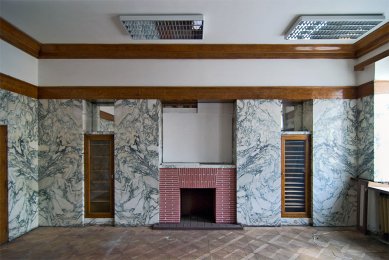
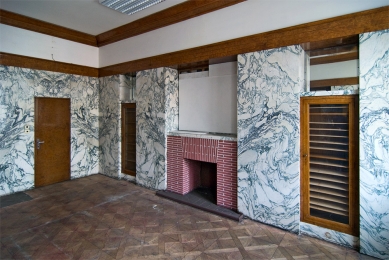
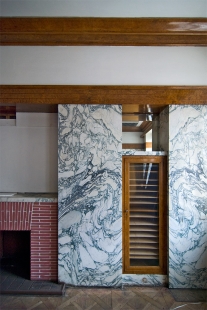
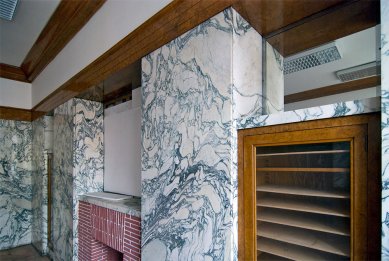
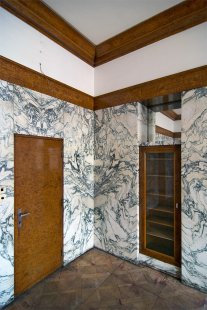
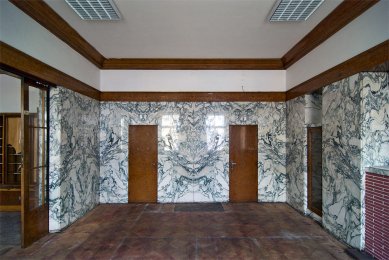
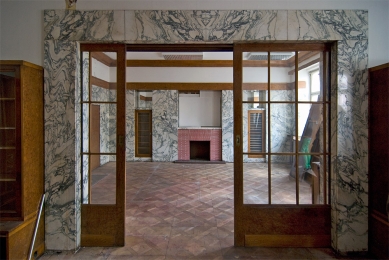
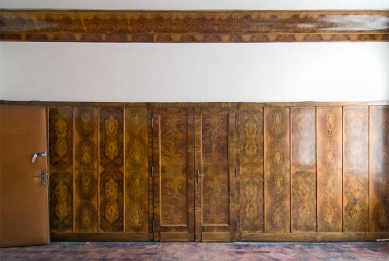
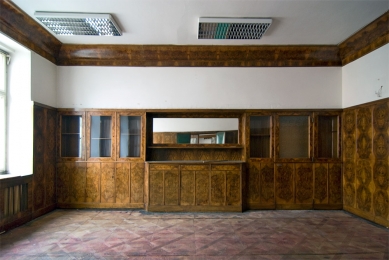

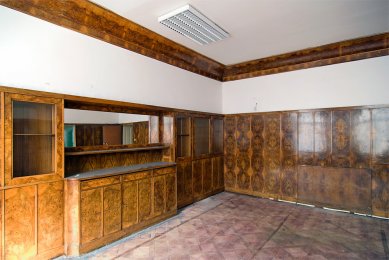
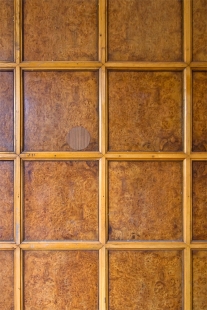
0 comments
add comment






